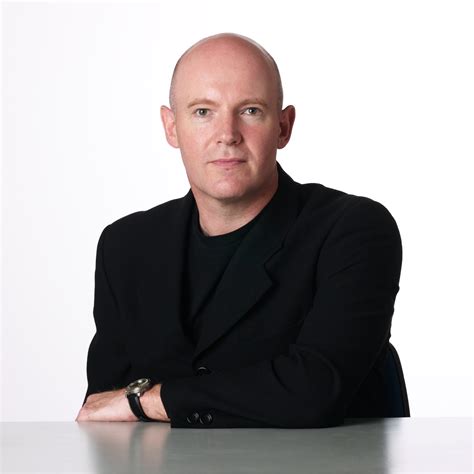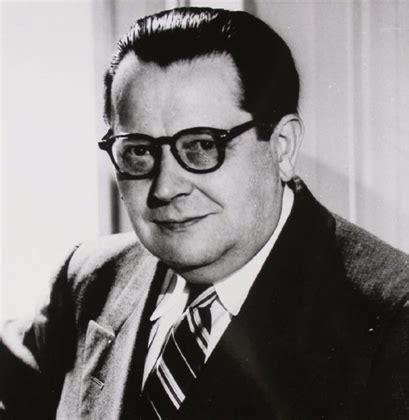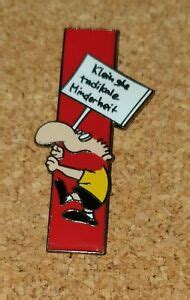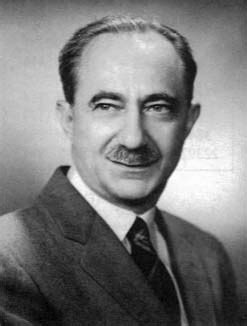A Quote by Muhammad Iqbal
Physiologically less violent and psychologically more suitable to a concrete type of mind.
Related Quotes
If you don't educate people well, then you're going to have a lot of violent, angry young men and women. You can go around saying they're all so violent, just throw them in jail, this is an underclass, what can you do? You can create fear. The issue of violence is very suitable for a repressive society. Then you can have more legislation, more police, more laws to fight crime, when all you need to do is to encourage people in a different way.
The child's mind is not the type of mind we adults possess. If we call our type of mind the conscious type, that of the child is an unconscious mind. Now an unconscious mind does not mean an inferior mind. An unconscious mind can be full of intelligence. One will find this type of intelligence in every being, and every insect has it.
Propaganda's content increasingly resembles information. It has even clearly been proved that a violent, excessive, shock-provoking propaganda texts leads ultimately to less conviction and participation. The listeners critical powers decrease if the propaganda message is more rational and less violent.
What a mistake to suppose that the passions are strongest in youth! The passions are not stronger, but the control over them is weaker! They are more easily excited, they are more violent and apparent; but they have less energy, less durability, less intense and concentrated power than in maturer life.
Thus even supposedly unadulterated facts of observation already are interfused with all sorts of conceptual pictures, model concepts, theories or whatever expression you choose. The choice is not whether to remain in the field of data or to theorize; the choice is only between models that are more or less abstract, generalized, near or more remote from direct observation, more or less suitable to represent observed phenomena.
The problem is this: in order to make money- lots of money- we don't need flawless literary masterpieces. What we need is mediocre rubbish, trash suitable for mass consumption. More and more, bigger and bigger blockbusters of less and less significance. What counts is the paper we sell, not the words that are printed on it.
If Americans actually have the conversation about our disastrous prison policies, we'll understand the trends all move in very dangerous directions: we lock up more people, for less violent crime, at ever greater expense, breeding more dangerous criminals who often come out unemployable, violent and isiolated.
We greatly want a brief word to express the science of improving stock, which is by no means confined to questions of judicious mating, but which, especially in the case of man, takes cognizance of all influences that tend in however remote a degree to give to the more suitable races or strains of blood a better chance of prevailing speedily over the less suitable than they otherwise would have had. The word eugenics would sufficiently express the idea.







































